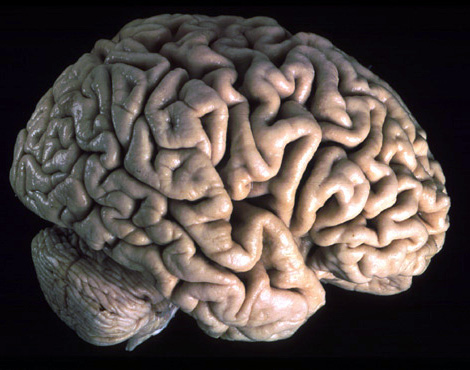Brain
"At the neurobiological level the aim of all psychotherapy is to alter connections in the brain so that real or imagined stimuli no longer evoke the same response."
I wish I'd said that originally. In fact it comes from a big academic textbook call 'Neuroscience: Exploring the Brain' by Bears, Connors and Paradiso.
When I relieve someone's osteo-arthritis pain, or moderate their hypertension, I'm not working on their knees or their heart. I'm working on their brain. I'm not asking them to think differently about anything, I'm getting their brain to change the quality or perception of signals it sends and receives. I'm not working on their mind. I'm working on their brain.

The brain is an amazingly complex organ. There are more ways to connect it up than their are atoms in the universe. That's worth repeating. There are more ways to connect a human brain than there are atoms in the universe! Those connections can be manipulated and changed in hypnosis because the brain is labile. Those changes can be made robust and enduring so that a stimulus which once provoked panic can, instead, provoke indifference.
Many problems which were once ascribed to 'psychological' difficulties are now known to be physical issues. Many people still think ulcers are caused by worrying when they are actually caused by a virus. Freud thought Obsessive Compulsive Disorders were the product of interrupted potty training. We now know it to be an auto-immune problem. Strep antibodies attack a bit of the brain called the caudate nucleus in the basal ganglia. As the caudate nucleus swells, so the obsessive behaviour develops and worsens. If the blood plasma is changed to remove the strep antibodies, the behaviour normalizes. So much for potties.
This is not the place or the space for a discourse of neuroscience, but the resources below may be useful to anyone having an interest in this sort of thing.
The mind is important, but so is the brain.
